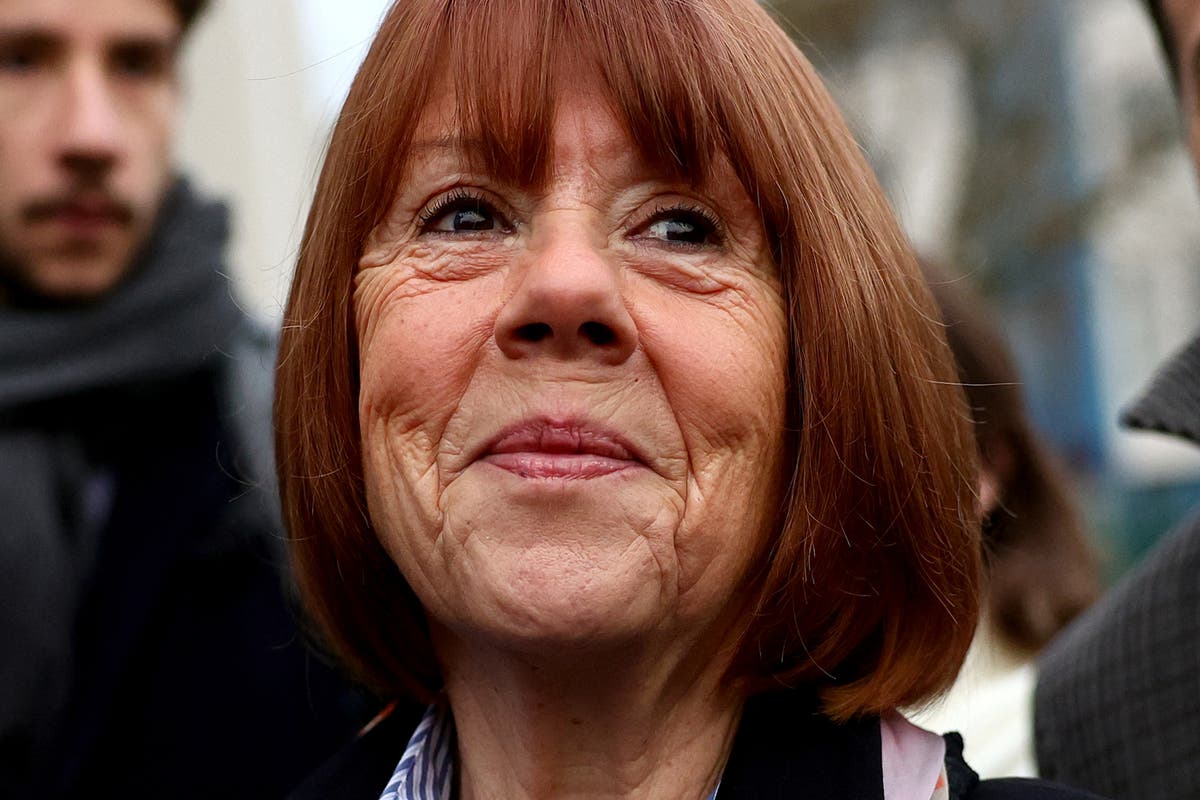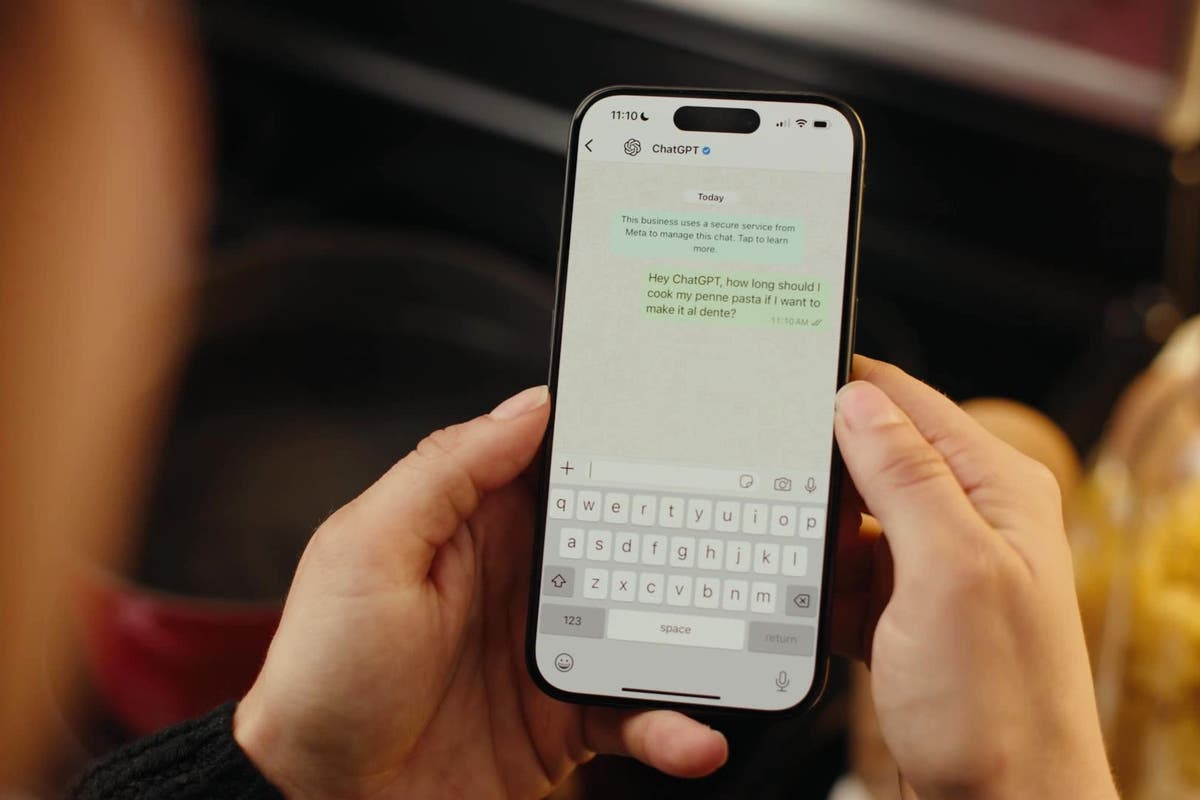 PA Media
PA MediaA survivor of the IRA bombing in London’s docklands has asked the former Sinn Féin president Gerry Adams for “the truth”.
Two people were killed and many were injured in the February 1996 bombing, including law student Jonathan Ganesh who was working as a security guard at the time.
Jonathan Ganesh is one of three men bringing a civil action against Adams. The others are John Clark, a victim of the Old Bailey attack in 1973, and Barry Laycock, who was injured in the 1996 IRA bombing in Manchester.
Adams has consistently denied being a member of the IRA.
 Getty Images
Getty ImagesIt emerged this week Mr Adams is to give evidence in his own defence. He is being sued for symbolic damages of £1 for ” vindicatory purposes”.
“It wasn’t an easy decision to make,” Mr Ganesh said, “but we believe it was the right decision”.
“It might be the last opportunity that victims of IRA terrorism have,” he said.
Mr Ganesh was speaking to Radio Ulster’s Good Morning Ulster programme.
He was asked what he wanted to hear Adams say in the High Court hearing in 2026.
“Just tell us the truth,” Mr Ganesh said, “Were you in the IRA or not in the IRA?”
‘It will always haunt me’
Mr Ganesh said: “We must have some sort of closure for the victims.”
“The Troubles in Northern Ireland have left an awful legacy.”
“There has to be some accountability,” he added.
Mr Ganesh said he and the other two men “appreciate they are not going to put anyone in prison”.
“Because Mr Adams was so vocal with his support for the IRA, we do believe he may be able to give us some answers,” he said.
“We just need to get that closure.”
The injuries Mr Ganesh suffered in the bomb has had a “terrible impact” on his life.
“I think it will always be there,” he continued.
“It will always haunt me,” he said, despite describing himself as “one of the lucky ones”.
Despite still living with the injuries, Mr Ganesh said he has “forgiven” the IRA members that planted the bomb.
“I have forgiven the people that hurt me and my two friends who were killed because forgiveness allows me to move forward with my life.”
“However, there must be some accountability,” he continued.
“The peace process has worked and we support that… but there is something left that we have to resolve,” he said.




